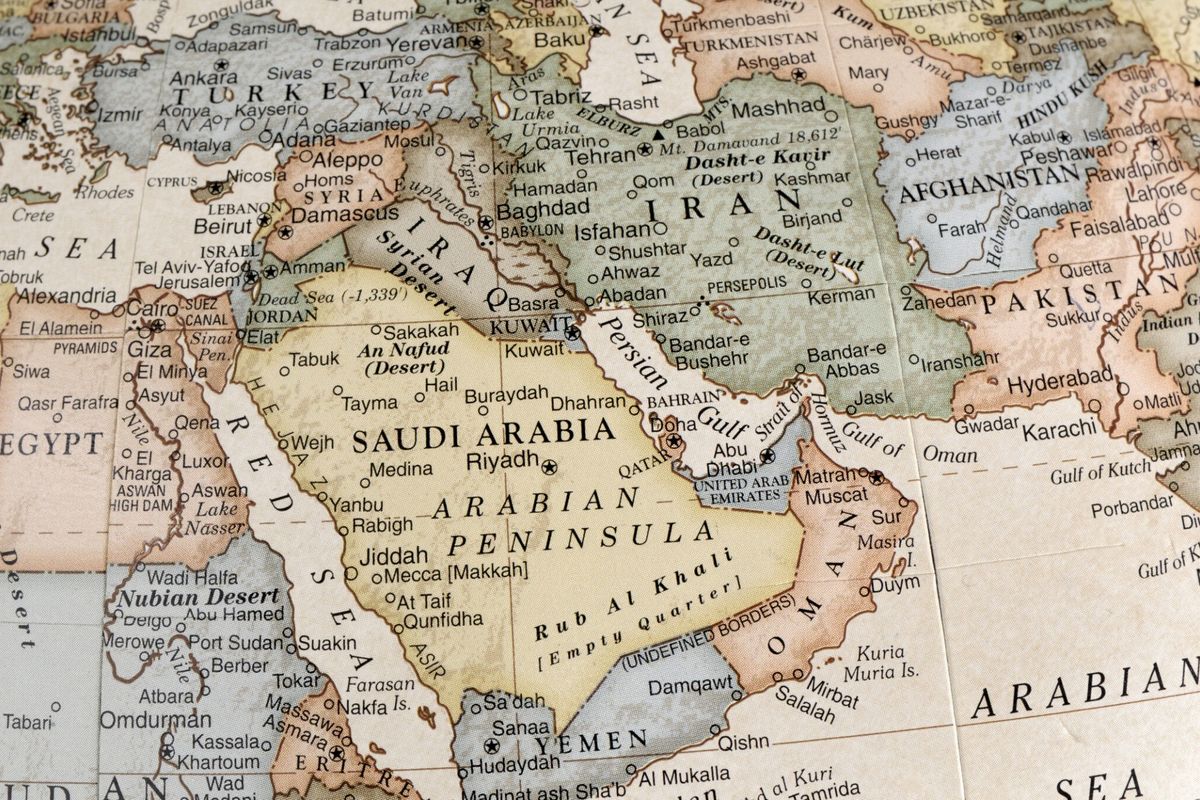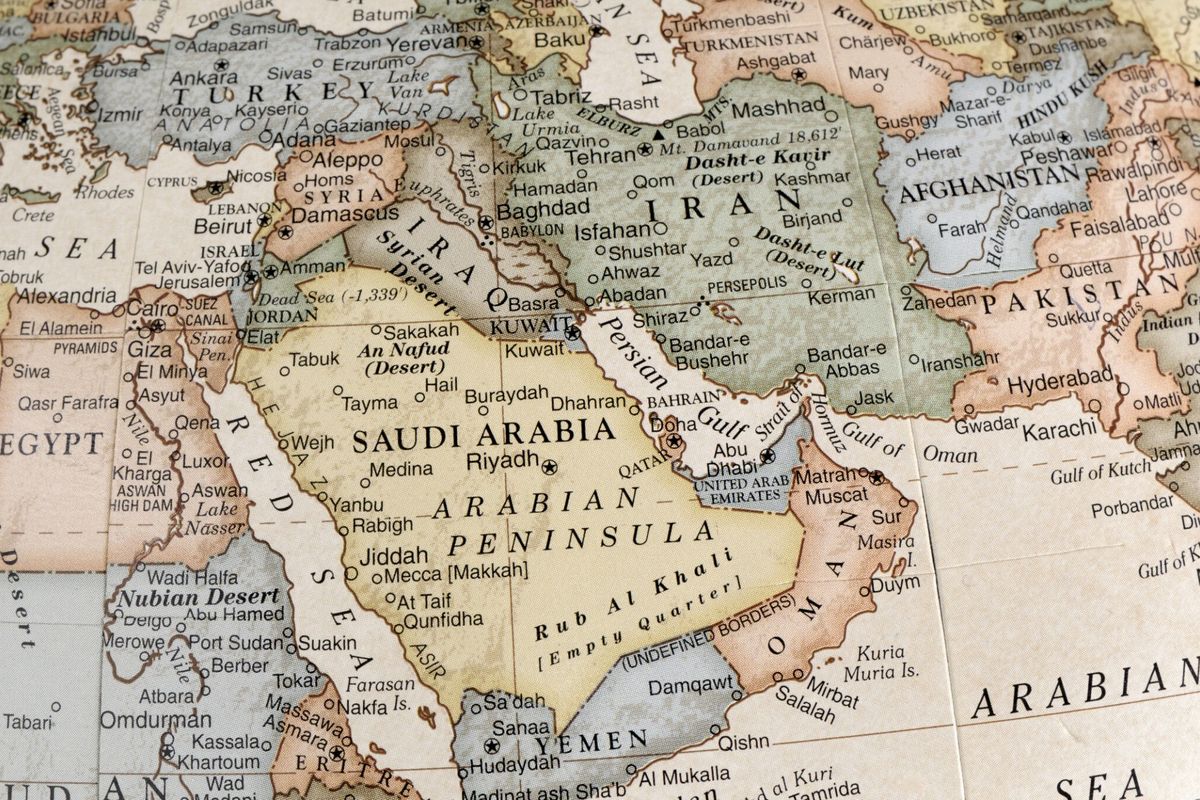Saudi Arabia is confronting a pivotal moment in its history. While the Kingdom navigates unprecedented regional and economic challenges, the Saudi royal family is orchestrating a power transition between the second and third generation of the Al Saud dynasty, leading many to analyze the direction of the kingdom.
The spotlight zeroed in on the royal family in January 2015, when King Salman bin Abdulaziz, assumed the throne. In April 2015, King Salman shook up the family’s succession order, appointing his nephew, 57-year old Interior Minister Mohammed bin Nayef, as Crown Prince, rather than his half brother, Prince Muqrin bin Abdulaziz. King Salman also named his 30-year old son, Mohammad bin Salman, as Defense Minister and Deputy Crown Prince. These changes initially introduced a degree of discord into familial dynamics.
“Early on, there was a bit of dissent that began to emerge, including anonymous chatter that made it into the media, which opposed this approach and particularly the skipping of Prince Muqrin,” explains Cipher Brief expert and former U.S. Ambassador to Oman, Gary Grappo. “This was surprising because typically any tension or dissent within the royal family rarely surfaces.”
However, despite any possible discontent, it appears as though the royal family emerged united in support of the King’s decisions. “Outsiders failed to grasp the unity of the Al Saud family on this matter,” writes Joseph Kechichian, a Cipher Brief expert and Senior Fellow at the King Faisal Center for Research and Islamic Studies in Riyadh.
“The Saudi throne does not pass through primogeniture; it is negotiated within the ruling family,” says Thomas Lippman, author of Saudi Arabia on the Edge.
On a broader scale, the changes in Saudi succession, namely the appointment of Prince Mohammad bin Salman, not only marked a passing of the torch to the next generation of leaders, but also brought about a shift in Saudi Arabia’s foreign and economic policies.
Last week, The Cipher Brief discussed Saudi Arabia’s more aggressive foreign policy approach, which has been viewed as a counter to Iran’s growing regional influence. Saudi officials view Tehran’s meddling in the internal affairs of several countries in the Middle East, along with its access to over $100 billion dollars pursuant to the Iran nuclear agreement, as a direct threat to the country’s security. Cipher Brief expert and former U.S. Ambassador to Saudi Arabia, James Smith, explained that Saudi Arabia’s top three foreign policy concerns are “Iran, Iran, and Iran,” and that Saudi leaders “see themselves surrounded by Tehran’s strategy of destabilization in the region.”
One element of the Saudi strategy to combat Iran has been its air campaign against the Iranian-backed Houthi rebels in Yemen. Known for its longtime policy of “conventional deterrence,” the Kingdom’s intervention in Yemen, launched after Prince Mohammed bin Salman became Minister of Defense, demonstrated Saudi’s newfound willingness to come off the sidelines and take military action to impede Iran. This bolder attitude has been attributed to Prince Mohammed and the new generation of Saudi leaders.
Economically, Saudi Arabia has faced various obstacles in recent years. The fall of global oil prices has taken a dire toll on the Saudi economy, with the Kingdom posting a budget deficit of $98 billion at the end of 2015. Furthermore, youth unemployment in the Kingdom has soared to new heights, leading some to take to the streets to protest on behalf of economic reform.
In response, Prince Mohammad bin Salman introduced his Vision 2030 plan in April, which aims to reduce the Kingdom’s reliance on oil, create new opportunities for Saudi youth, and privatize approximately five percent of Saudi Aramco, the world’s largest oil company. While ambitious, this plan could pave the way for an even more robust Saudi economy down the road.
The younger generation of Saudi leaders, headed by Prince Mohammed bin Salman, has certainly taken initiative, but the execution of their foreign and economic policies remains a work in progress. Saudi’s military campaign in Yemen has contributed to a dire humanitarian crisis and has thus far failed to reinstate Yemen’s internationally recognized government headed by Abd Rabbuh Mansour Hadi. Additionally, the Kingdom’s ability to diversify away from oil and invest in new industries could be hampered by the low oil prices, which have resulted in decreasing amounts of government revenue and have diminished government spending.
To this point, however, Kechichian believes the Kingdom has taken steps in the right direction. “Today, mounting internal challenges necessitate steady economic and socio-political reforms that the time-tested Al Saud rulers have handled with poise,” he explains. The global community will be watching closely to see if these new rulers will expand the Kingdom’s role on the international stage and raise the Saudi economy to new heights.
Bennett Seftel is the Deputy Director of Editorial at The Cipher Brief.













